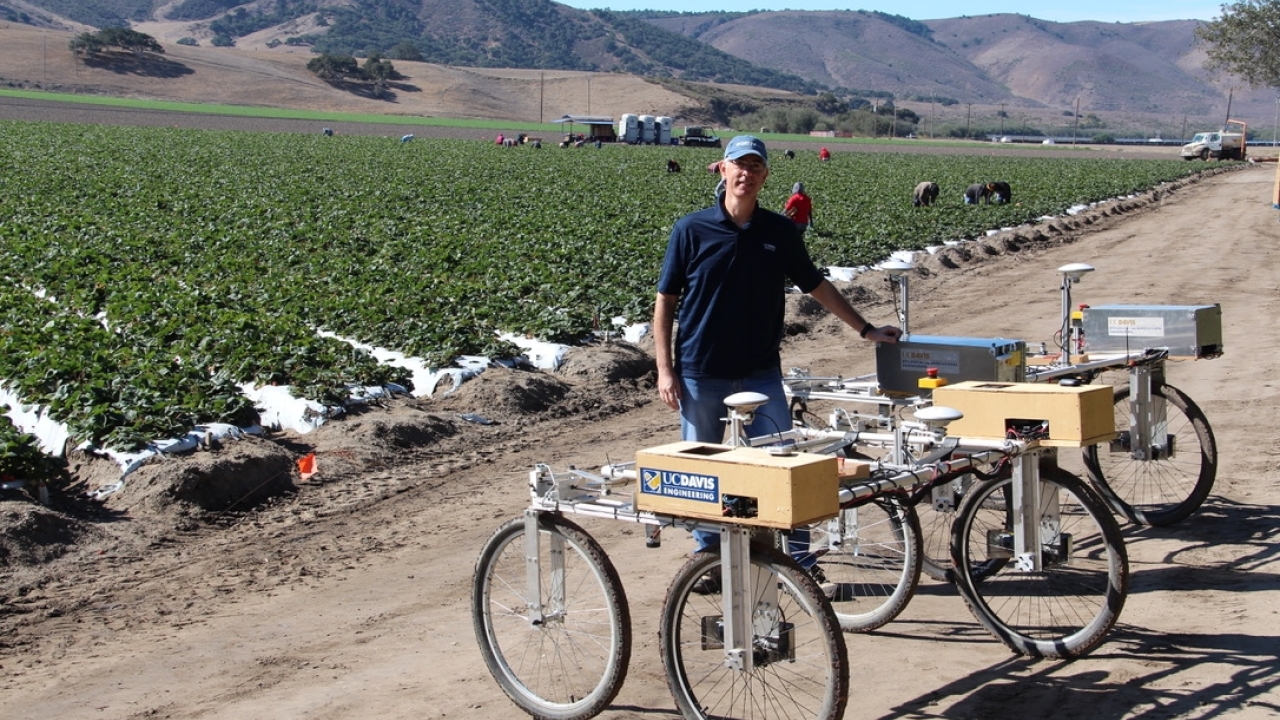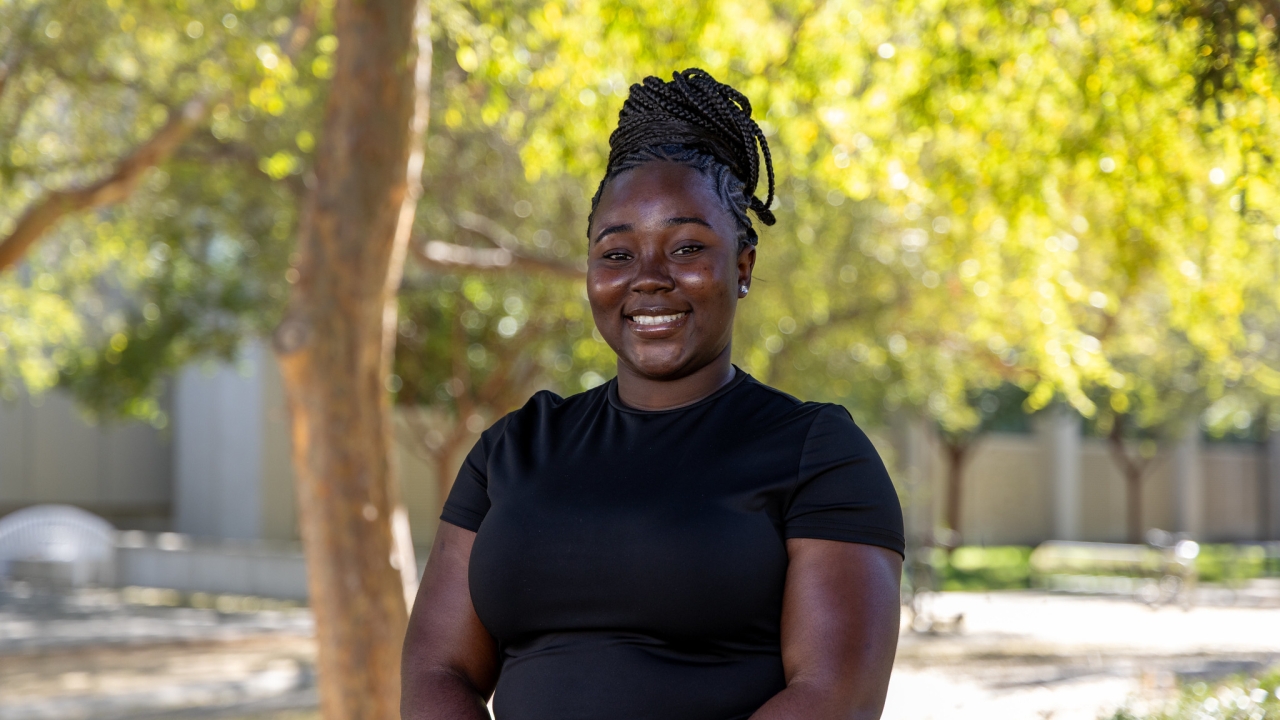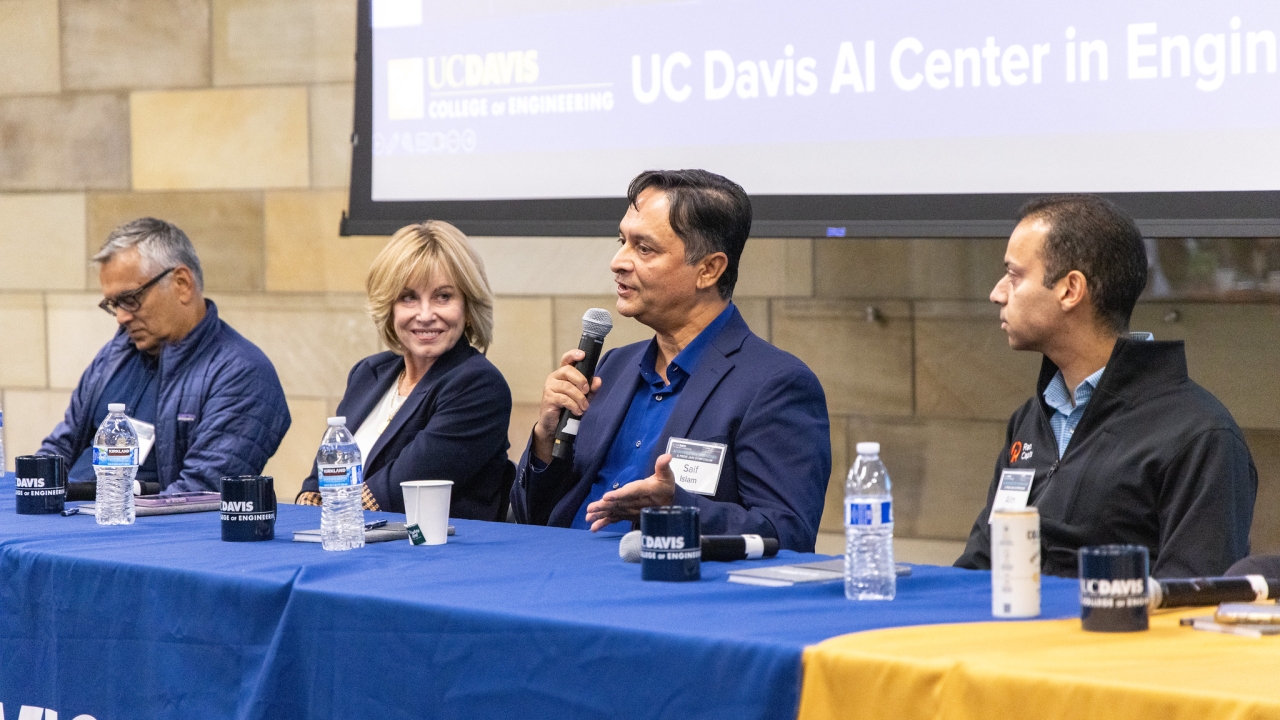Composites: Luis Molina Finds Magic in Art and Engineering
Composites is a video series exploring how interdisciplinary interests and perspectives are a fulcrum for next-level research in the College of Engineering at the University of California, Davis.
Video produced by Dylan Knight and Matt Marcure
There's magic in the principles of engineering — at least, that's how senior aerospace engineering major Luis Molina sees it.
The magic stems from fundamental concepts that seem to connect everything Molina touches, from the mechanics behind making a car's wheel spin to the spinning wheel in a ceramics studio. This perspective is in large part thanks to his dual experience as an engineering student leader and manager for the Craft Center.
"The artistic aspects of everyone's lives, whatever that may be, can really feed into engineering and make engineering more magical, in the sense that it's no longer an equation that you're staring at — it is something that you see every day in your life," Molina said.
In that thought is also a deep understanding and appreciation of the direct benefits engineering offers people in their daily lives. In fact, this idea is a driving force in Molina's career choice: designing electric vehicles, which he believes promises positive change for communities across the globe.
In pursuit of this goal, Molina is the testing and integrations lead for the UC Davis EcoCAR program, part of a national collegiate competition working to make an electric vehicle — the 2023 Cadillac LYRIQ — more efficient and autonomous.
Molina shares that one reason why he has felt comfortable in exploring his own voice and pursuing all these interests is thanks to programs within the College of Engineering. One in particular that stands out to him is the Leadership in Engineering Advancement, Diversity and Retention, or LEADR, program.
"I'm a LEADR student, and that is my own little world that I could depend on, where I could develop my own skills and find my own resources as a minority in engineering," he said. "There are support systems that the College of Engineering has built that have made me feel comfortable, not only in pursuing engineering further but also in pursuing extracurriculars such as the Craft Center that are really rewarding."
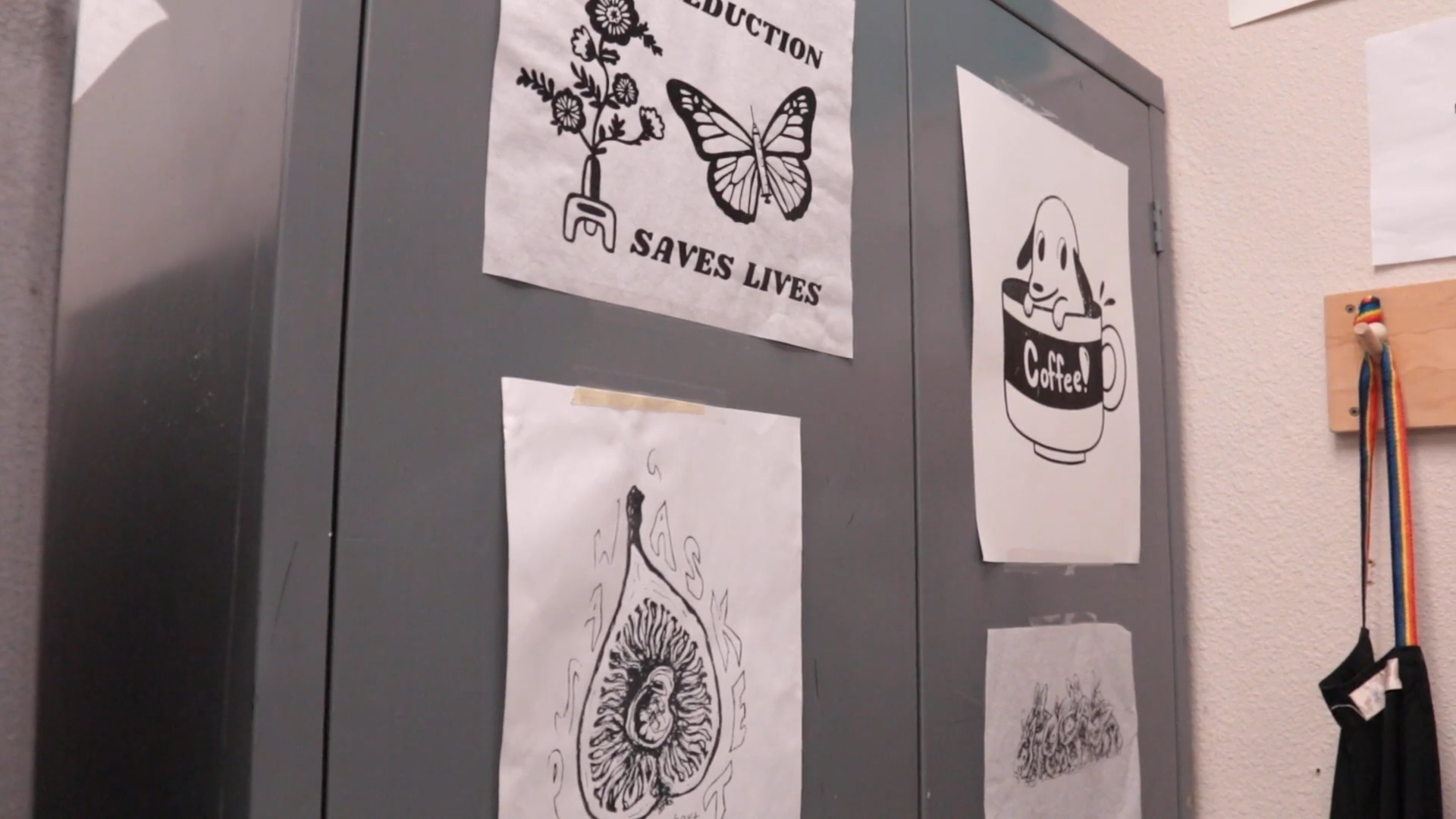
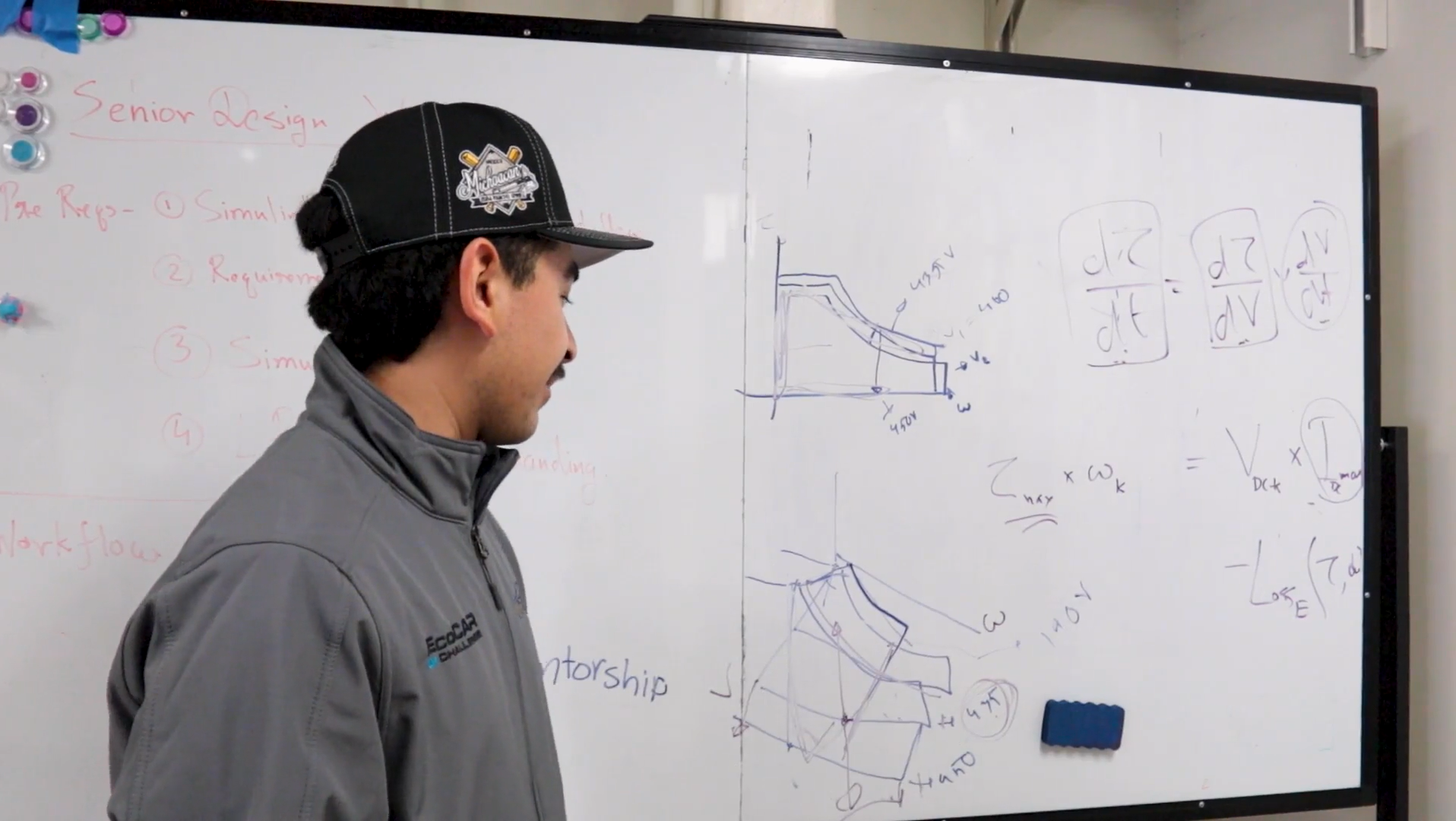
Ultimately, that might be part of the magic that Molina has discovered between engineering and art. The connections reveal the manifold ways engineering impacts everyone's lives — and the many different ways engineering can play out in a student's career.
"I found EcoCAR, which is the College of Engineering, but I also found the Craft Center, which is Campus Recreation," he said. "So, it is a completely different branch of the university, but I still found my space, and I still found my voice."
He encourages every engineering student to pursue their various interests and to trust their own internal voice.
"Anything that interests you, pursue it, continue to go for it. It might seem a little awkward at first, there might be a little friction, and you might feel like you don't belong there, but that's just part of the growing pains. You're there for a reason."

